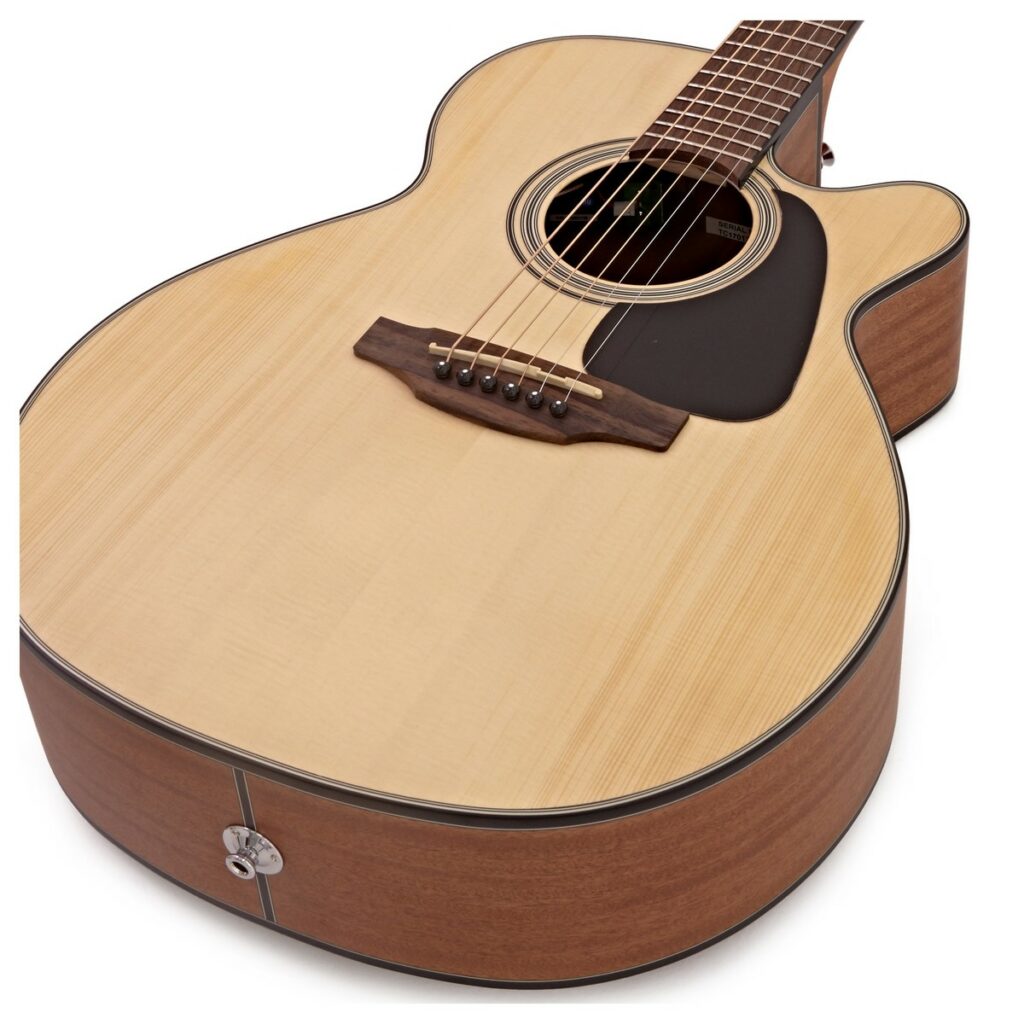
Best Deals On Clearance Sale Musical Instruments
Looking to strike a harmonious chord between your love for music and your budget? You’re in luck! The much-anticipated Clearance Sale on Musical Instruments by

Which type of guitar to begin with maybe something that you’re thinking about if you want to start learning the guitar. Professional and aspiring guitarists alike will be able to offer you some guidance on this subject. The truth is that whether you begin with an electric guitar or an acoustic guitar, it doesn’t really matter all that much. Both types of guitars have their own unique benefits and challenges.
The guitar you choose to start with ultimately relies on your interests and objectives. The primary motivation for learning to play the guitar is enjoyment for the majority of people. And having fun and taking it all in is exactly what studying music should be about.
The process of learning and development is the focus of the fascinating journey that is learning to play an instrument. In light of this, we’ve provided some advice to assist you in choosing between an electric and acoustic guitar as your initial instrument.
Acoustic guitars produce sound without the need for external amplification, making them a popular choice for live performances and intimate settings. They are typically larger and heavier than electric guitars and require more finger strength to play. Acoustic guitars can be played using a pick or fingerstyle technique, and they are ideal for playing rhythm and chords.
Portability: Acoustic guitars do not require additional equipment to play and can be easily transported.
Sound quality: Acoustic guitars produce a natural, warm sound that is often preferred for unplugged performances.
Skill development: Learning to play on an acoustic guitar can help build finger strength and improve playing technique.
Size and weight: Acoustic guitars can be cumbersome and difficult to handle, especially for beginners or those with smaller hands.
Volume limitations: Acoustic guitars are not as loud as electric guitars and may not be suitable for certain genres or venues.
Limited sound effects: The variety of sound effects available from acoustic guitars is more limited than that of an electric guitar.
Pop, rock and jazz musicians commonly use electric guitars on stages all over the world. It can produce various sounds and a host of other effects that are impossible to get with an acoustic guitar, but it must be connected to a guitar amp. They are typically smaller and lighter than acoustic guitars and require less finger strength to play. Electric guitars can be played using a pick or fingerstyle technique, and they are ideal for playing solos and lead parts.
Sound customization: Electric guitars offer a range of sound effects and tone options, allowing players to create a personalized sound.
Versatility: Electric guitars can be used in a variety of genres and venues.
Playability: Acoustic guitars are more difficult to play than electric guitars in general, so electric guitars can be a better option for beginners.
Additional equipment required: Electric guitars require external amplification and additional equipment such as cables, pedals, and an amplifier.
Cost: Electric guitars and related equipment can be more expensive than acoustic guitars.
Lack of portability: Electric guitars and equipment can be heavy and difficult to transport.
Both nylon and steel strings have their pros and cons for beginners. Nylon strings are easier on the fingers and produce a warmer tone, but they may not be suitable for certain genres of music. While steel strings need more finger strength to play, they provide a louder, brighter sound. If anything it’s probably best to go for the lightest gauge string you can find, be it steel or nylon. The thinner gauged strings will be a lot less rough on your fingers.
Ultimately, the decision between an acoustic and electric guitar comes down to personal preference and goals. Here are some factors to consider:
Playing style: Are you interested in playing rhythm or lead guitar? Acoustic guitars are generally better suited for rhythm playing, while electric guitars excel in lead playing.
Sound preference: Do you prefer a natural, warm sound or a range of sound effects? Acoustic guitars produce a natural, warm sound, while electric guitars offer a range of sound effects and customization options.
Budget: Acoustic guitars are a fantastic option for beginners or people on a restricted budget because they are typically less expensive than electric guitars and their accompanying accessories.
Venue: Consider the venues you will be playing in. Acoustic guitars are ideal for small, intimate settings, while electric guitars are better suited for larger venues with amplification.
Making music and having fun are the two main goals of guitar playing. So whether you begin with an electric or acoustic guitar doesn’t really matter; what matters is that you’re enthusiastic about learning. In general, we would recommend you start with an acoustic guitar though. There’s no need to buy extra equipment like an amp so it’s ready to be picked up and played at any time! Check out this handy guide on what you’ll need when you start learning the guitar.
You’ll automatically start to learn what you like and don’t like about the guitar as you play and practise. For instance, you might want to concentrate more on your acoustic playing if you discover that you enjoy strumming along to upbeat pop songs. If you genuinely enjoy playing solos and experimenting with various guitar effects like overdrive and reverb then an electric guitar might be more appealing to you.
The most crucial thing is to pursue your passions and talents as you mature as a guitarist. Whether you end up playing acoustic or electric guitar, remember to have fun and enjoy the process of making music with this incredible instrument!

Looking to strike a harmonious chord between your love for music and your budget? You’re in luck! The much-anticipated Clearance Sale on Musical Instruments by

What Famous Drummers! The world has never been short of famous drummers. Since the birth of drums in 5500 B.C. mankind has been banging to
The Music Rooms is the UK and Northern Ireland’s #1 spot for Music Tuition, Musical Instruments and Music Equipment Sales.
Unit 19 Antrim Business Park
Enakalon
Antrim
BT41 4LD
5-7 Church Street
Ballymena
Co. Antrim
BT43 6DD
21 New Row
Coleraine
County Londonderry
BT52 1AD